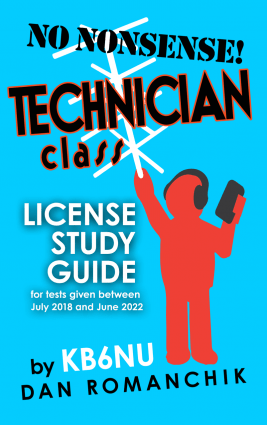Getting started in Amateur Radio can be a bit intimidating. It feels like a strange new world. The best advice I can give to getting started is to jump right in! No matter if you are brand new to the hobby, or have been playing radio for years, there is always more to learn, and new fun to be had.
Here are some resources that I have started to compile for those who want to get started! It is a work in progress, so I will update it as I find new resources that may be helpful.
Radio is a fascinating medium. It is amazing to tune in and listen or decode all of those invisible signals that are traveling through space all around us at any moment. It is even more fun when you can start to transmit and send your own signals. There are certain parts of the R.F. (Radio Frequency) spectrum that are set aside for the use of licensed amateur radio operators, as either primary or secondary users ( meaning that the space is shared with other uses). Again, anyone can tune in, but to transmit, you need to have a license issued (at least in the United States) by the Federal Communication Commission or the FCC. To receive a license, you need to pass a test that is administered by a system of volunteer examiners, to demonstrate that you have an understanding of the rules, operations, and safety related to the hobby. In the US, Amateur Radio has 3 levels of licensing, each with an increasing level of difficulty, but each granting more privileges (including bragging rights!) The Initial level of licensing is called the Technician Class of license.
Here are some resources for preparation for the Technician Class test!
Videos:
Books:

kb6nu has written several great study guides, not only for the Technician test, but also for the General and Extra class as well. He has generously make a PDF of the Technician study guide available for free from his website.
Practice Tests:
Hamexam.org – Hamexam.org is a fantastic free resource for preparing to take your test. You can register for the site and take practice tests, review flash cards, or even take a look at the question pool.